A nuclear detonation in the South China Sea? No, more Twitter conspiracy nonsense
By Matt Field | November 25, 2019
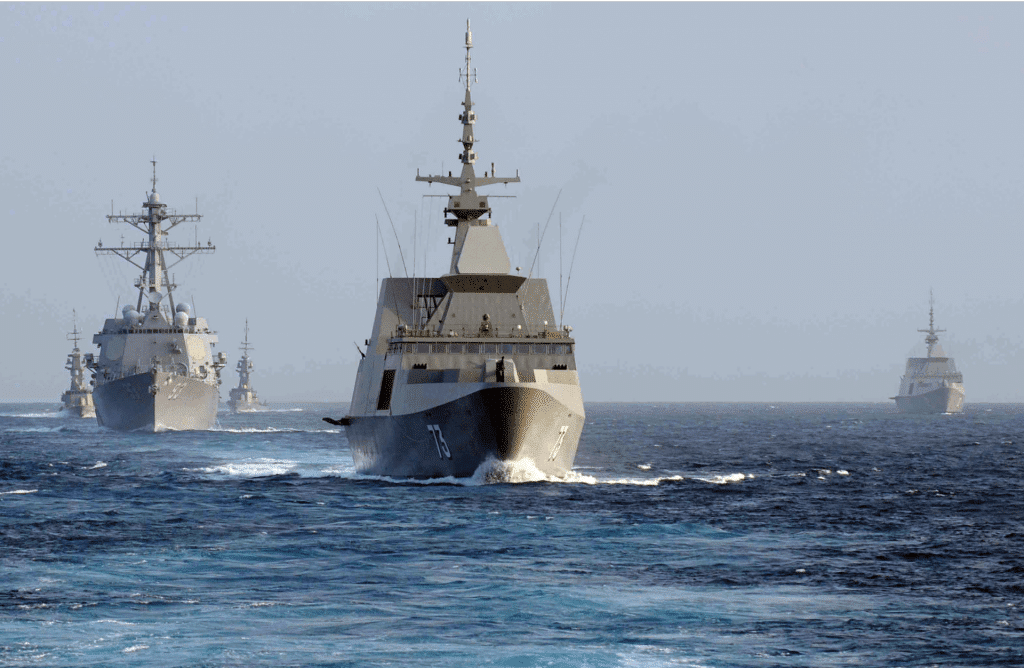
The Twitter account @IndoPac_Info pushes out news at a relentless pace; it’s a seemingly good feed to follow for those interested in military issues in Asia. By Friday afternoon last week, the account had posted dozens of tweets over a 36-hour-or-so period linking to stories from outlets such as Reuters and Foreign Policy on topics ranging from US naval activity in contested waters to Pentagon drone policy. Oh yeah, and then there was the one about a nuclear detonation in the South China Sea.
The big news that China had perhaps exploded a tactical nuclear weapon in the ocean originated with a man labeled by the Southern Poverty Law Center as a former federal convict, white supremacist, and FBI informant named Hal Turner. Turner posted the story on his website and touted the supposed scoop further on his nighttime AM radio show, attributing the information to military sources. On Friday, a Pentagon spokesperson called Turner’s article “silly fiction.” And the man behind @IndoPac_Info himself—he describes himself as a Spanish man living in Vietnam—now seems to agree. “Without further evidence or independent corroboration of Hal Turner’s article, it may not be credible at this point,” he tweeted. “Apologies.”
…….. confirmation was needed and I’ve tried to find more evidence, but as I said, it was circumstantial and could be due to other factors also.
So, without further evidence or independent corroboration of Hal Turner’s article, it may not be credible at this point. Apologies
— IndoPacific News (@IndoPac_Info) November 22, 2019
A laudable course correction, no doubt, but it came after one of @IndoPac_Info’s tweets on the Turner story was retweeted almost 2,000 times. And in an age when online disinformation campaigns like the Russian government effort to sway the 2016 US presidential election are a major feature of public discourse, it’s an open question: Could an online conspiracy theory about nuclear weapons gain traction and have a real-world impact?
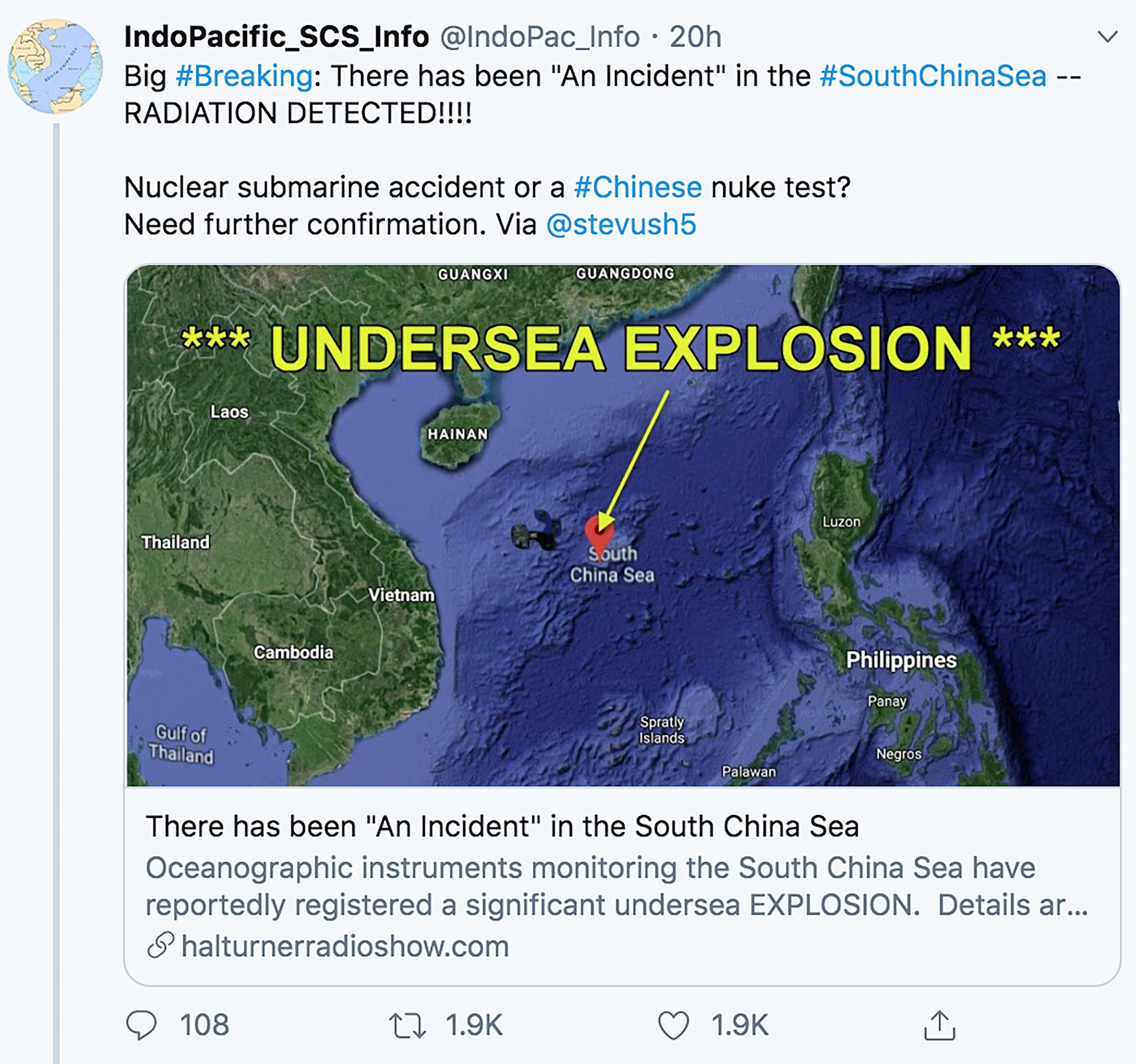
The @IndoPac_Info account helped give Turner traction, but as far as impact goes, the radio host’s nuclear story failed to launch, in part because it was so easily debunked.
The idea that a 10 to 20 kiloton explosion, possibly a nuclear one, could have occurred in the busy and contested South China Sea and not been widely observed was laughable to Bulletin of the Atomic Scientists’ Science and Security Board chair Bob Rosner. The physicist and former director of the Argonne National Laboratory told Gizmodo, “There is so much surveillance that it would be stunning if no one had noticed that.”
Turner did not respond to the Bulletin’s request for comment. On his radio show Thursday night, he said that he reports on news that the mass media won’t. He pitched himself as a former FBI operative who handled national security and who has “former colleagues” from overseas with the intelligence community. He said that after getting the tip about the supposed explosion, a global environmental monitoring network called uRADMonitor showed radiation spikes around the South China Sea. (That claim was not true, by the way.) “Did China detonate a small tactical nuclear device?” Turner asked his audience.
“Fantasy” is how the Pentagon spokesperson characterized the claims.
Rumours of a 10-20 kiloton submarine explosion in the #SouthChinaSea. Radiation detected. Nuclear? https://t.co/EF6TOZ7ijn
— Abhijit Iyer-Mitra (@Iyervval) November 21, 2019
The Twitter user who posts to the @IndoPac_Info account told the Bulletin that he tweets on Asian news out of a personal interest. He acknowledged it was difficult to know that much about each of the outlets he promotes on his feed. “That was the problem,” he said of his Turner tweets. “I was not familiar with him.”
Despite Turner’s serious dearth of credibility, he was able to piggyback on @IndoPac_Info’s. That account, after all, is followed, by journalists, academics, and others from reputable organizations like Reuters and the University of Pennsylvania. Indeed, the @IndoPac_Info account user was concerned that he’d helped promote Turner’s wild story. “I was not aware of his record,” he said.
“A follower sent me his story and I went with it.”
Together, we make the world safer.
The Bulletin elevates expert voices above the noise. But as an independent nonprofit organization, our operations depend on the support of readers like you. Help us continue to deliver quality journalism that holds leaders accountable. Your support of our work at any level is important. In return, we promise our coverage will be understandable, influential, vigilant, solution-oriented, and fair-minded. Together we can make a difference.
Keywords: China, Hal Turner, South China Sea, Twitter, conspiracy theory, nuclear explosion
Topics: Disruptive Technologies








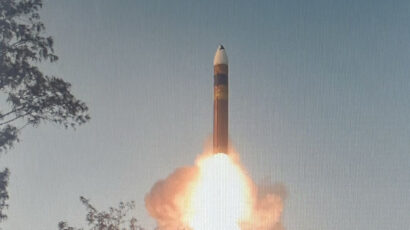
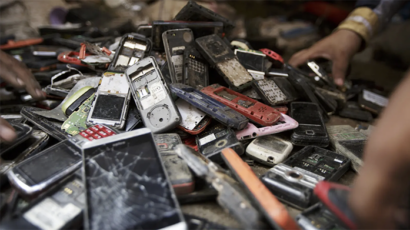

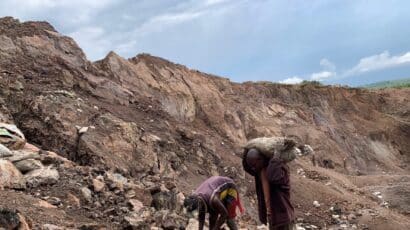




The CTBTO monitoring network should be able to tell if there was an explosion, either nuclear or conventional.
Note that Hal Turner, as well as running a virulently anti-Semitic radio site for many years, used to be (and maybe still is) a customer of Sean Hannity; he was known as “Hal from New Jersey,” a frequent caller to Hannity’s radio show, and one whom Hannity apparently found conducive to improving his (H’s) ratings.